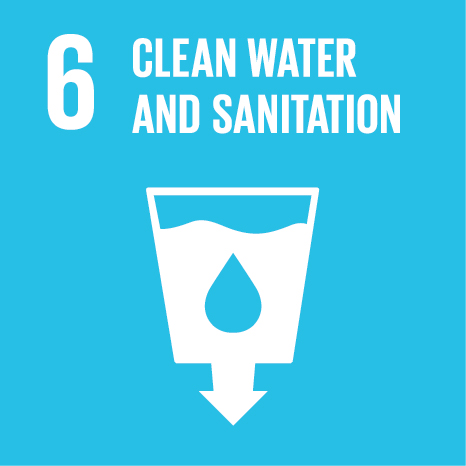Interior regions in Portugal: demographics, problems and (im)possible solutions
Event Title
ESRS2023. XXIXth European Society for Rural Sociology Congress. Crises and the futures of rural areas
Year (definitive publication)
2023
Language
English
Country
France
More Information
Web of Science®
This publication is not indexed in Web of Science®
Scopus
This publication is not indexed in Scopus
Google Scholar
This publication is not indexed in Overton
Abstract
In Portugal, interior regions have always been depopulated. Their function as food suppliers and the goal of self-sufficiency has never been achieved, regardless of laws and state interventions since the fourteenth century, when King Fernando forbade people to leave the land and forced them to cultivate it. Agricultural hydraulic works have often been suggested to solve all problems of production shortage and depopulation. The Estado Novo regime turned these goals into practice, building dams to modernise Alentejo’s agriculture and to industrialise the south of Portugal. The state plan was to promote agricultural irrigation and modernisation, economic and cultural improvement of the people, production of electricity and industrial development. A case study is presented of the Maranhão Dam, built in Avis and inaugurated in 1959, using historical sources and present-day research and statistic data.
Even though the dam irrigated new crops, created new industrial jobs, and raised salaries, thus delaying rural exodus, it didn’t prevent the demographic loss of a third of the municipality’s population from 1960 to 1970. And it went on until 2021, when another third of the population was gone and people over 65 years old double people under 24. In the last decade, a new model of superintensive monoculture was introduced, irrigated 24/7, high on technology and synthetic chemicals and low on labour, using seasonal foreign workers. Irrigation of super intensive monocultures in times of chronic draught in the Mediterranean region is inadequate and water supply was compromised is the last six years.
This paper aims to discuss public policies aimed at the rural world, both the ones enforced by the central government, with the help of European subsidies, and the strategies of local government to attract people and companies. A comparison with other countries is presented, such as Spain and others in the Global South, where this agricultural model has been applied.
Acknowledgements
--
Keywords
depopulation,monoculture,dams
Fields of Science and Technology Classification
- Agriculture, Forestry and Fisheries - Agriculture Sciences
- Sociology - Social Sciences
- Political Science - Social Sciences
Funding Records
| Funding Reference | Funding Entity |
|---|---|
| R&D Unit UIDB/03126/2020 | FCT |
Contributions to the Sustainable Development Goals of the United Nations
With the objective to increase the research activity directed towards the achievement of the United Nations 2030 Sustainable Development Goals, the possibility of associating scientific publications with the Sustainable Development Goals is now available in Ciência_Iscte. These are the Sustainable Development Goals identified by the author(s) for this publication. For more detailed information on the Sustainable Development Goals, click here.

 Português
Português




